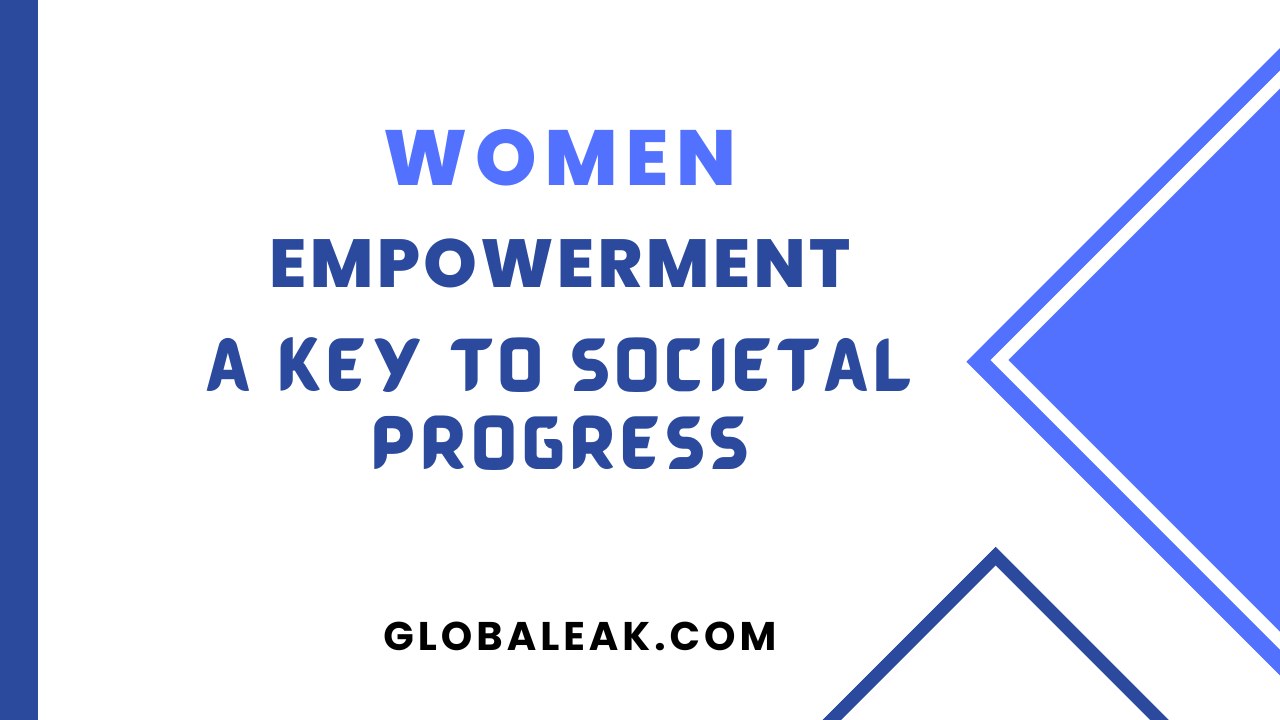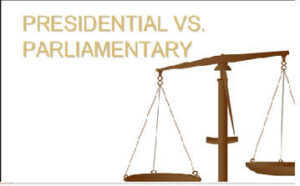In today’s world, women empowerment is recognized as a key driver of societal progress and development. It refers to the process of granting women equal rights, opportunities, and privileges as men, enabling them to participate fully in all spheres of life. When women are empowered, they can contribute to social, economic, and political transformation, leading to a more inclusive, just, and sustainable society.
Women empowerment plays a crucial role in achieving gender equality, which is a fundamental human right. It challenges and dismantles the existing gender norms, stereotypes, and discriminatory practices that have hindered women’s progress for centuries. By promoting women’s rights, providing access to education, healthcare, and economic resources, and ensuring their participation in decision-making processes, societies can unlock the immense potential that women possess.
Economically empowering women has a profound impact on societal progress. Women constitute a significant portion of the global workforce, and their contribution to the economy is substantial. When women have access to economic resources, they can invest in education, health, and entrepreneurship, creating a ripple effect of positive change. Women’s economic empowerment leads to increased productivity, innovation, and competitiveness, benefiting not only individual women but also their families, communities, and the nation as a whole.
Education is a fundamental pillar of women empowerment. It equips women with knowledge, skills, and critical thinking abilities, enabling them to make informed choices and participate meaningfully in society. Education breaks the cycle of poverty, reduces maternal and infant mortality rates, and empowers women to take charge of their own lives. When girls are educated, they marry later, have fewer children, and can pursue their aspirations, contributing to the social and economic progress of their communities.
Political empowerment is vital for women to have a say in decision-making processes that shape their lives. Women’s representation in politics and governance ensures that their voices are heard, their needs are addressed, and their perspectives are considered in policy formulation. By having women in positions of power, societies can benefit from diverse viewpoints, leading to more inclusive policies and greater responsiveness to social issues affecting women. Political empowerment also serves as a catalyst for societal transformation, challenging gender biases and inspiring future generations of women leaders.
Eliminating gender-based violence is a crucial component of women empowerment. Violence against women, including domestic violence, sexual assault, and harassment, remains a significant obstacle to their progress. Empowering women involves creating safe spaces, raising awareness about women’s rights, and implementing effective legal measures to protect them from violence. It requires changing societal attitudes and behaviors that perpetuate violence and fostering a culture of respect and equality.
To address women empowerment, it is essential for governments, civil society organizations, and individuals to work together. Governments should enact and enforce laws that promote gender equality, allocate resources for women’s empowerment programs, and establish mechanisms to monitor progress. Civil society organizations play a vital role in advocating for women’s rights, providing support services, and driving social change through awareness campaigns and grassroots initiatives. Individuals can contribute by challenging gender biases, supporting women’s initiatives, and promoting gender equality in their personal and professional spheres.
In Summary
Women empowerment is not only a moral imperative but also a strategic investment for societal progress. When women are empowered, societies thrive. By providing equal opportunities, protecting women’s rights, and addressing the barriers they face, we can create a world where women can realize their full potential and contribute meaningfully to the betterment of society. Women empowerment is a collective responsibility, and through collaborative efforts, we can build a more equitable and inclusive world for all.
Read Also: Women Empowerment in Pakistan: Challenges and Progress
📍 English Language Educator | Blogger & Content Strategist | 7+ Years in Educational Blogging
Nosheen Bashir is a dedicated English teacher and experienced blogger with over seven years of expertise in content creation and educational writing. Passionate about language, literature, and effective communication, she combines her teaching experience with blogging skills to create insightful, research-backed content that helps learners and educators alike.
🔹 Expertise & Achievements:
✔ English Language Education: A skilled educator with years of experience in teaching English grammar, literature, and communication skills to students of varying levels.
✔ Educational Blogging: Running a successful blog for 7+ years, delivering well-structured, engaging content on language learning, writing techniques, and academic success.
✔ SEO & Content Strategy: Specializes in creating high-ranking, authoritative articles that follow Google’s EEAT principles, ensuring content that is both informative and search-friendly.
✔ Student-Centric Approach: Committed to making English easier, engaging, and accessible, helping readers and students improve their language proficiency.
🚀 With a passion for teaching and writing, Nosheen Bashir is dedicated to crafting educational content that empowers students, teachers, and language enthusiasts worldwide.










